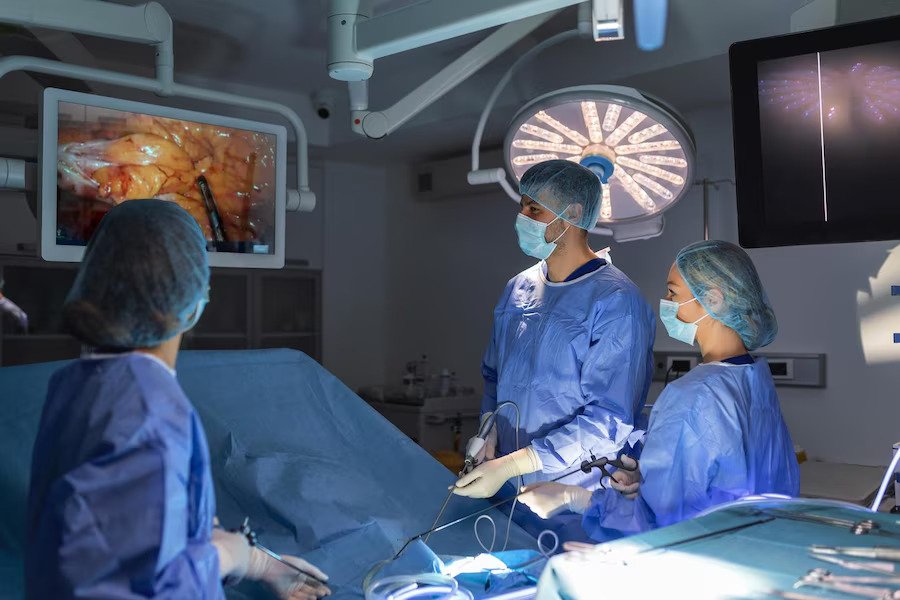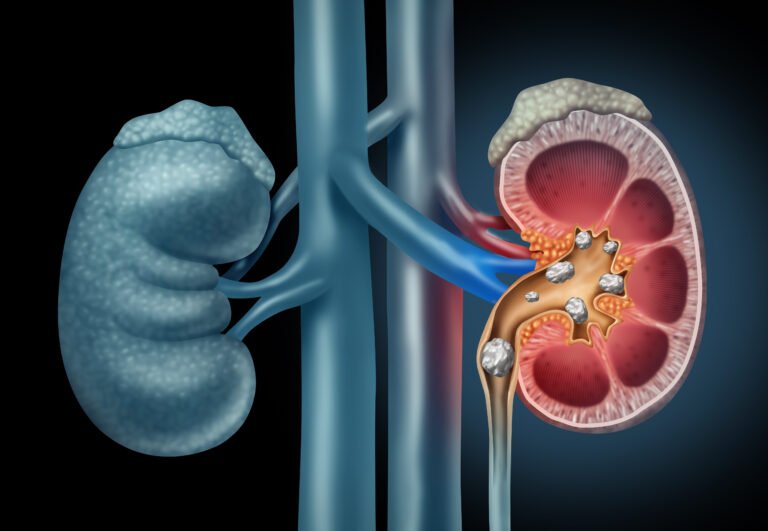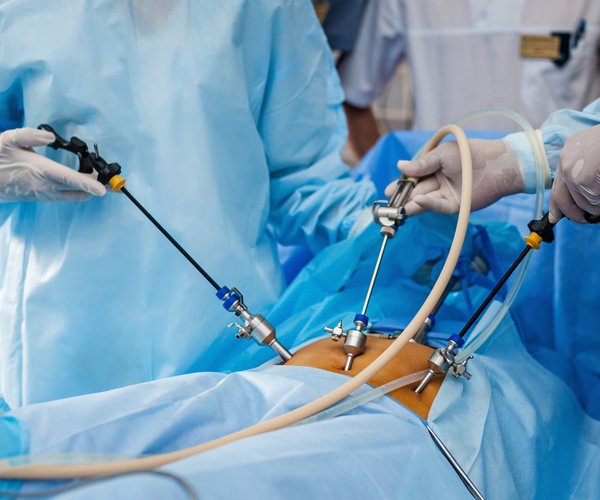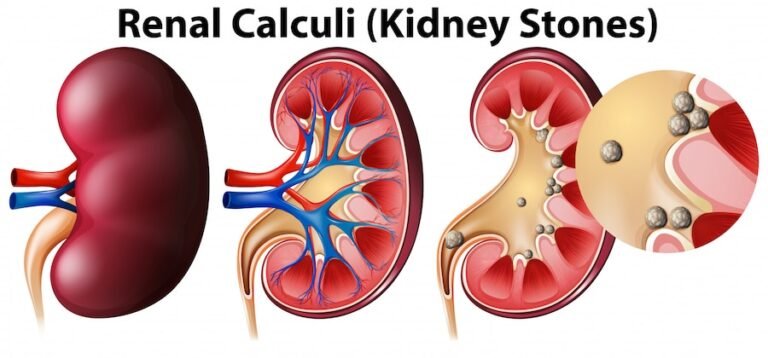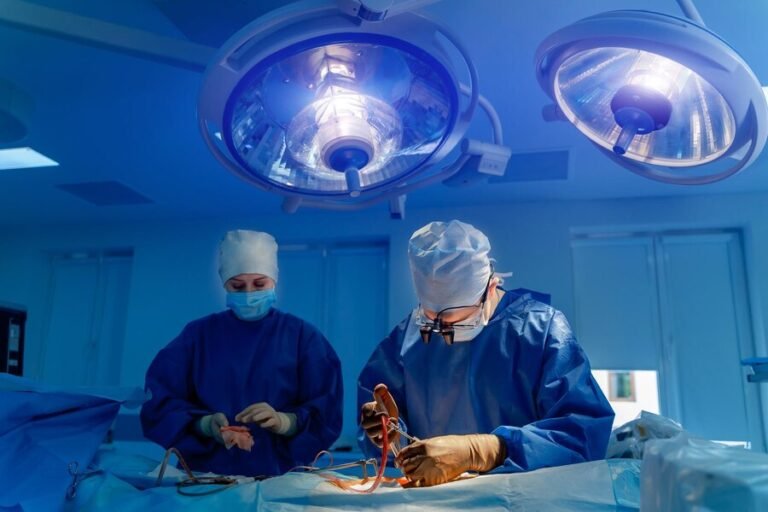Preparing For Kidney Transplant Surgery: What You Need To Know
Kidney transplant surgery is a life-changing procedure that offers hope and improved quality of life for individuals suffering from end-stage renal disease. While the decision to undergo a kidney transplant can be daunting, proper preparation is key to ensuring a successful outcome. This article will discuss important aspects of preparing for kidney transplant surgery and what individuals need to know before undergoing this procedure.
To Know More About It Please Click Here
Understanding the Evaluation Process:
Before undergoing a kidney transplant, individuals are required to undergo a comprehensive evaluation process to assess their overall health and suitability for the procedure. This evaluation typically includes medical tests, imaging studies, and consultations with various healthcare professionals, including nephrologists, transplant surgeons, social workers, and psychologists.
Finding a Suitable Donor:
One of the critical steps in preparing for kidney transplant surgery is finding a suitable donor. Donors can be living or deceased, and compatibility between the donor and recipient is crucial to minimize the risk of rejection. Living donors are often preferred due to shorter wait times and better outcomes. However, deceased donor transplants are also an option for those who do not have a living donor.
Pre-transplant Screening and Testing:
Before the transplant surgery, both the donor and recipient will undergo a series of screening tests to ensure compatibility and assess the overall health of both individuals. These tests may include blood tests, tissue typing, cross-matching, imaging studies, and psychological evaluations. These tests help identify any potential risks or contraindications that may affect the success of the transplant.
Preparing Physically and Mentally:
Preparing for kidney transplant surgery involves both physical and mental readiness. Individuals should maintain a healthy lifestyle, including regular exercise and a balanced diet, to optimize their overall health before surgery. Additionally, it’s essential to address any underlying medical conditions and follow medical recommendations to minimize the risk of complications during and after the transplant.
Mental preparation is equally important, as undergoing a major surgery can be emotionally challenging. It’s normal to experience anxiety, fear, or uncertainty before the procedure. Seeking support from friends, family, or mental health professionals can help individuals cope with these emotions and prepare mentally for the transplant surgery.
Planning for Recovery:
Recovery after kidney transplant surgery requires careful planning and support. Patients will need to stay in the hospital for several days after the procedure for close monitoring and management of any post-operative complications. Once discharged, individuals will need to adhere to a strict medication regimen, including immunosuppressant drugs to prevent rejection of the transplanted kidney.
It’s essential to have a strong support system in place during the recovery period, as individuals may experience physical discomfort, emotional challenges, and lifestyle adjustments. Family members, friends, and healthcare professionals can provide valuable support and assistance during this time.
Follow-up Care and Monitoring
Following kidney transplant surgery, regular follow-up appointments with transplant specialists are essential to monitor the function of the transplanted kidney and adjust medications as needed. These appointments may include blood tests, imaging studies, and consultations with the transplant team to ensure the long-term success of the transplant.
In conclusion
preparing for kidney transplant surgery requires careful planning, thorough evaluation, and support from healthcare professionals and loved ones. By understanding the process and actively participating in the preparation, individuals can increase the likelihood of a successful outcome and enjoy improved quality of life post-transplant.
Also, Follow us on Instagram

